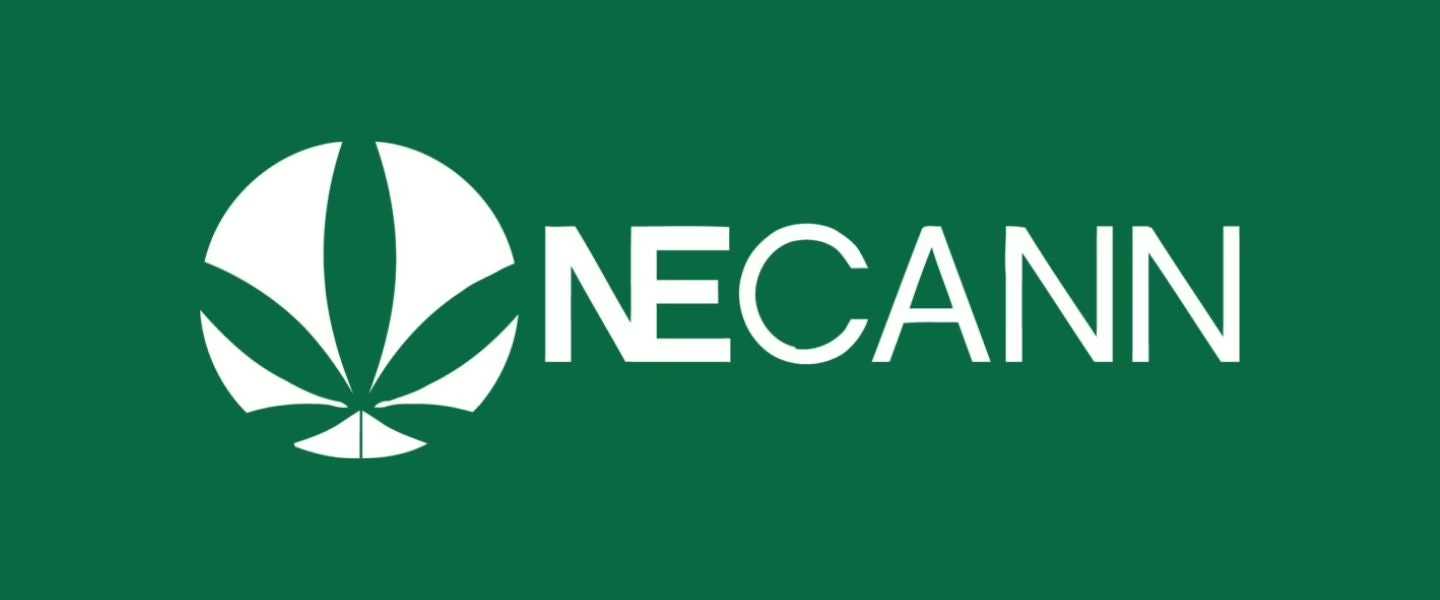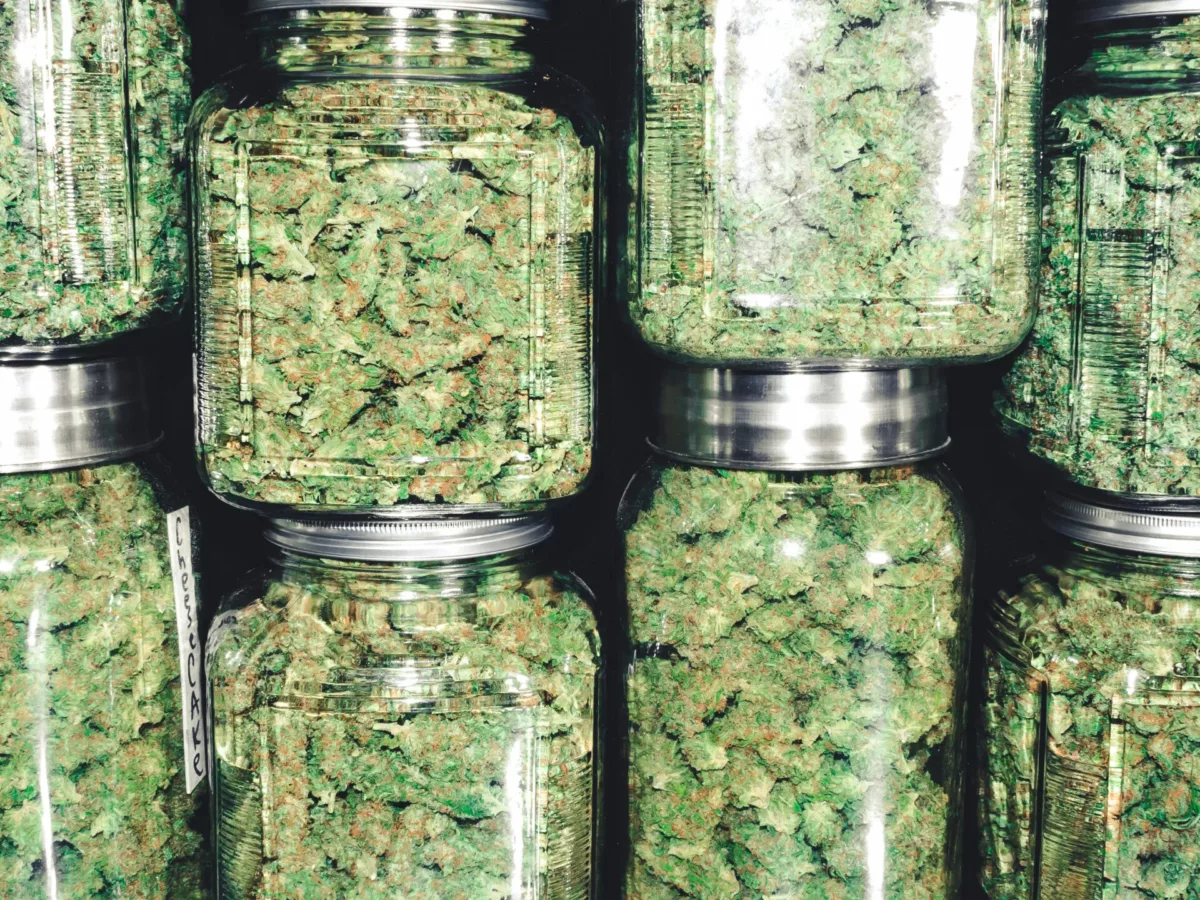Welcome to The Outlaw Report’s Q&A series, focused on the cannabis landscape of the Mid-Atlantic. Our series aims to shine a spotlight on the trailblazers and experts who are shaping the local cannabis industry. Through their first-hand experience and insights, we explore the successes, challenges and stories of businesses and individuals at the forefront of cannabis policy, business and innovation in the region.
We chatted with Marc Shepard, co-founder and president of NECANN, about the state of the cannabis market, particularly on the East Coast, and the role of NECANN events in shaping the cannabis markets. NECANN has been hosting cannabis conferences in emerging markets since 2014.
NECANN has been a major player in expanding cannabis industry events across the Eastern U.S. How would you describe the current state of the cannabis market in this region compared to the West Coast?
The major difference is where each region is in the timeline process. While Massachusetts and Maine legalized rec during the west-coast boom from 2014-2016, the major state markets on the east coast are either still in the early stages or rec sales (New York, New Jersey), or haven’t even started yet (Florida, Pennsylvania). So while there are individual exceptions, overall the east coast market is still in the opportunity/expansion stage, while the west coast is more in a competition/attrition stage.
The East Coast states that have legalized it have taken vastly different regulatory approaches to cannabis. Which models do you think are working best, and where do you see room for improvement?
Honestly, as an event organizer who is not on the front line fighting the regulation battle on a daily basis and feeling the impact, I don’t value my own opinion enough to speak on that. What I will say is that the answer to that question depends on the situation of the person you are asking. For example, a well -funded licensed operator might tell you that New Jersey’s model (reasonably quick path to licensing, no legal home grow to compete with) is working much better than New York’s, while a legacy operator might feel the exact opposite is true.
Among NECANN’s upcoming conferences is an event in Baltimore in May: what excites you most about the Maryland market, and how do you see the state’s influence playing out over the next few years?
The Maryland convention is particularly exciting to me, because of the incredibly strong presence and energy of the local community at last year’s convention, which was our first year there. To have such a diverse, collaborative, motivated, core is a greater asset for the future development of a market that benefits the local market. I think it’s still way too early to say how things will play out, but the enthusiasm and talent is there!
NECANN isn’t just a trade show—it’s also an education platform. What are some of the most pressing conversations and topics shaping this year’s Baltimore event?
We’re still in the vetting stage of the applications, but the core topics for Maryland will definitely include updates/discussions about regulations and the licensing process, education and support for SE/EE programs, best practices for newcomers entering the licensing process, and related ancillary opportunities.
What advice would you give an aspiring entrepreneur who is interested in attending a cannabis business conference, but who hasn’t fully formulated their business concept yet?
Research, and pre-plan. Don’t just show up and hope for the best. For someone still in the formulation stage, a convention can provide education, mentoring, vendor fulfillment, partnership development, and more but the most important thing is to plan ahead. Review the programming and make your schedule of sessions to attend. Review the speaker list and see if you can set up meetings in advance with any who make sense. Same with the exhibitors – reach out ahead of time, they will be happy to send you info for you to vet in advance. Put yourself out there on Linkedin, Insta, Twitter, etc and let people know you will be there.
Though many plant-touching operators are struggling due to over-taxation and burdensome regulations, they are still looking for ways to make their business more efficient, profitable, streamlined, etc. What are some business opportunities on the ancillary side of things that you think have strong potential?
There’s such a huge range of ancillary businesses that can help with expenses/margins: accounting, compliance, Legal, and regulatory consulting, payment processing, storage, propagation, irrigation, nutrients, harvesting & trimming, distillation, extraction, facility design, construction, genetics, advertising, PR & marketing, insurance, lighting, packaging and labeling, real estate, security, software and technology, staffing, HR, training & education, testing & lab equipment, the list is almost endless.
With the rise of intoxicating hemp-derived products, states are scrambling to regulate them. With no change in federal policy, how do you see this trend impacting state-legal cannabis markets?
The lack of standard policies, and ever-changing regs, makes it incredibly tough for everyone in retail. In the end though, I believe the consumer is king. Their choices will drive the market and those you can supply what they want will benefit.
There’s been increasing concern about corporate consolidation in cannabis. Do you think there’s still room for independent operators to succeed, or is the market shifting toward large multi-state operators dominating the space?
I don’t think those two things are mutually exclusive. When I look at the world of consumer packaged goods, it seems like most products end up in a similar state, with a small group of major players controlling a dominant share of the market. But when you are talking about a market the size of cannabis (currently $30-$40 billion in the US), if just 13% was left for independent operators (which would be similar to what independent craft brewers control in the US beer market), that’s $4-$5 billion dollars in annual sales. Hopefully the percentage will be higher than that, but I think there will always be a strong demand and opportunity for craft brands.

To learn more about The Outlaw Reports features please reach out to info@outlawreport.com






